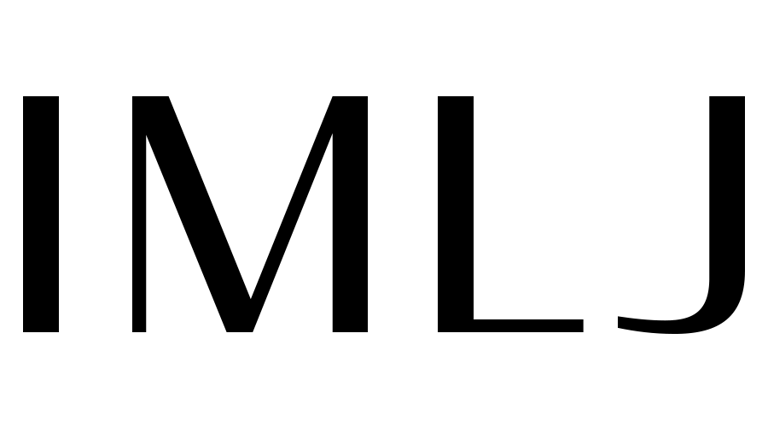How a Lack of Self-Awareness Impacts Decision Making and Habits
Not knowing who you are can have far-reaching consequences, including making choices based on external expectations, lacking direction and purpose, and developing habits that are not aligned with your values and goals, ultimately impacting your mental and emotional well-being.
LIFE SUCCESSCAREER SUCCESS
Lee Jones
8/29/20243 min read


In today's fast-paced world, it's easy to get caught up in the hustle and bustle of daily life and lose sight of what truly matters. One of the most significant consequences of this is a lack of self-awareness, which can have far-reaching effects on our decision making and habits.
Not knowing who you are can be a debilitating experience. It's like trying to navigate a ship without a compass, or building a house without a foundation. Without a clear sense of self, it's difficult to make intentional decisions, set and achieve goals, and develop habits that support our overall well-being.
One of the primary ways in which not knowing who you are impacts decision making is by causing us to make choices based on external expectations rather than our own desires and values. When we're unsure of who we are, we may look to others for guidance, whether it's our parents, friends, or society at large. This can lead to a sense of identity crisis, as we struggle to reconcile our own desires with the expectations of others.
For example, let's say you're considering a career change. If you're not sure who you are or what you want, you may be swayed by the opinions of others, such as your parents or friends, rather than listening to your own inner voice. This can lead to a career that's not fulfilling or aligned with your values, which can ultimately lead to feelings of burnout and dissatisfaction.
Another way in which not knowing who you are impacts decision making is by causing us to lack direction and purpose. When we're unsure of who we are, we may feel lost and uncertain about our place in the world. This can lead to a sense of aimlessness, as we struggle to find our way and make sense of our lives.
For instance, let's say you're considering a major life change, such as moving to a new city or switching careers. If you're not sure who you are or what you want, you may be hesitant to take the leap, fearing that you'll make the wrong decision or regret your choice. This can lead to a life of stagnation and regret, as we miss out on opportunities and experiences that could bring us joy and fulfillment.
Not knowing who you are can also impact our habits in significant ways. When we're unsure of who we are, we may develop habits that are not aligned with our values and goals. This can lead to feelings of guilt and regret, as we struggle to reconcile our actions with our sense of self.
For example, let's say you're someone who values health and wellness, but you find yourself consistently making unhealthy choices, such as eating junk food or skipping exercise. If you're not sure who you are, you may struggle to understand why you're making these choices, and how they're impacting your overall well-being.
In addition to impacting decision making and habits, not knowing who you are can also have a profound impact on our mental and emotional well-being. When we're unsure of who we are, we may feel lost, uncertain, and disconnected from ourselves and others. This can lead to feelings of anxiety, depression, and low self-esteem, as we struggle to find our place in the world.
So, what can we do to overcome the consequences of not knowing who we are? The first step is to take the time to reflect on who we are, what we want, and what we value. This can involve journaling, meditation, or seeking guidance from a therapist or coach.
Once we have a better understanding of ourselves, we can begin to make intentional decisions that align with our values and goals. We can start to develop habits that support our overall well-being, and cultivate a sense of purpose and direction.
Not knowing who you are can have far-reaching consequences for our decision making and habits. It can lead to feelings of uncertainty, aimlessness, and regret, and impact our mental and emotional well-being. However, by taking the time to reflect on who we are and what we want, we can overcome these consequences and live a life that is authentic, fulfilling, and true to who we are.
